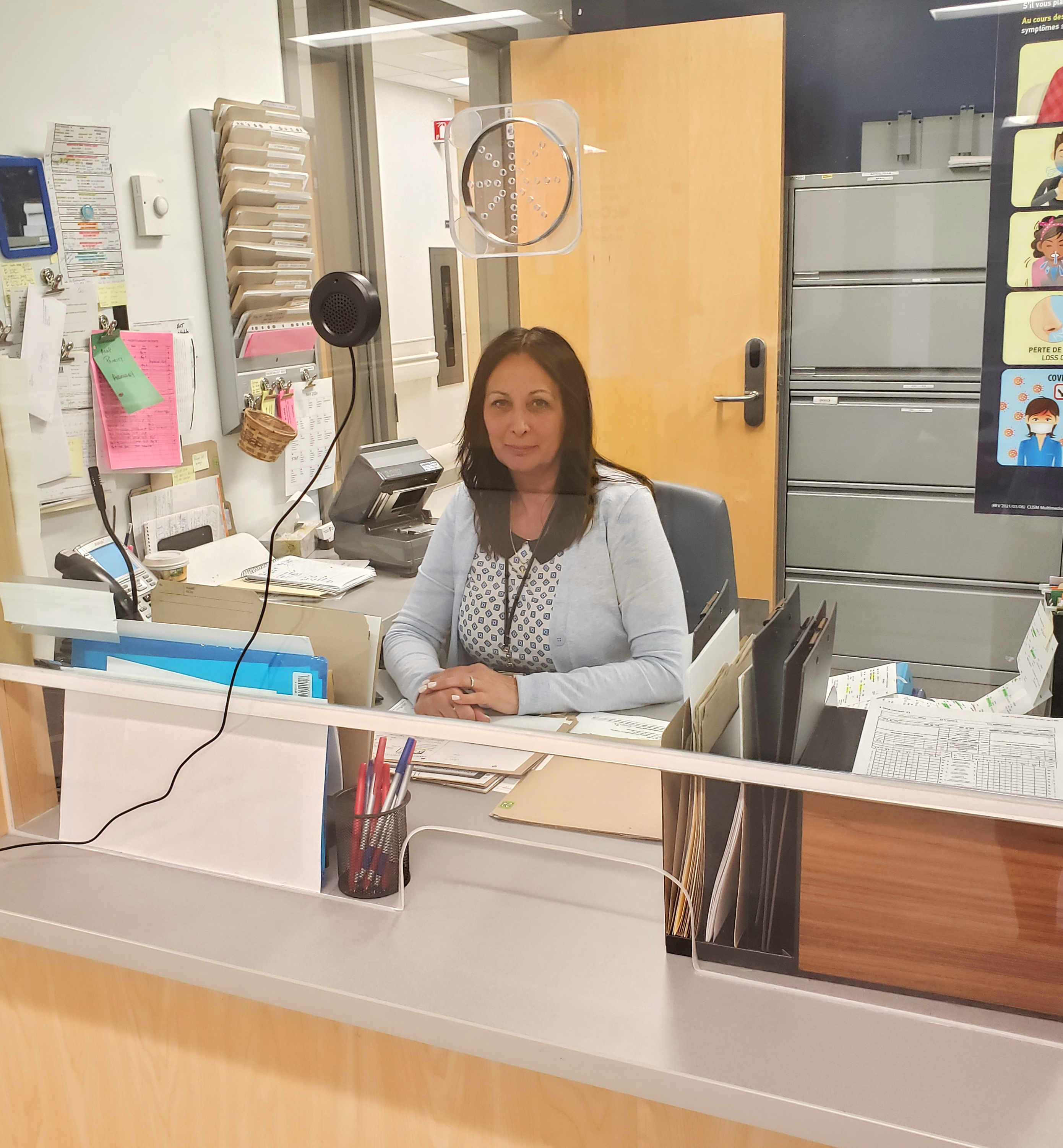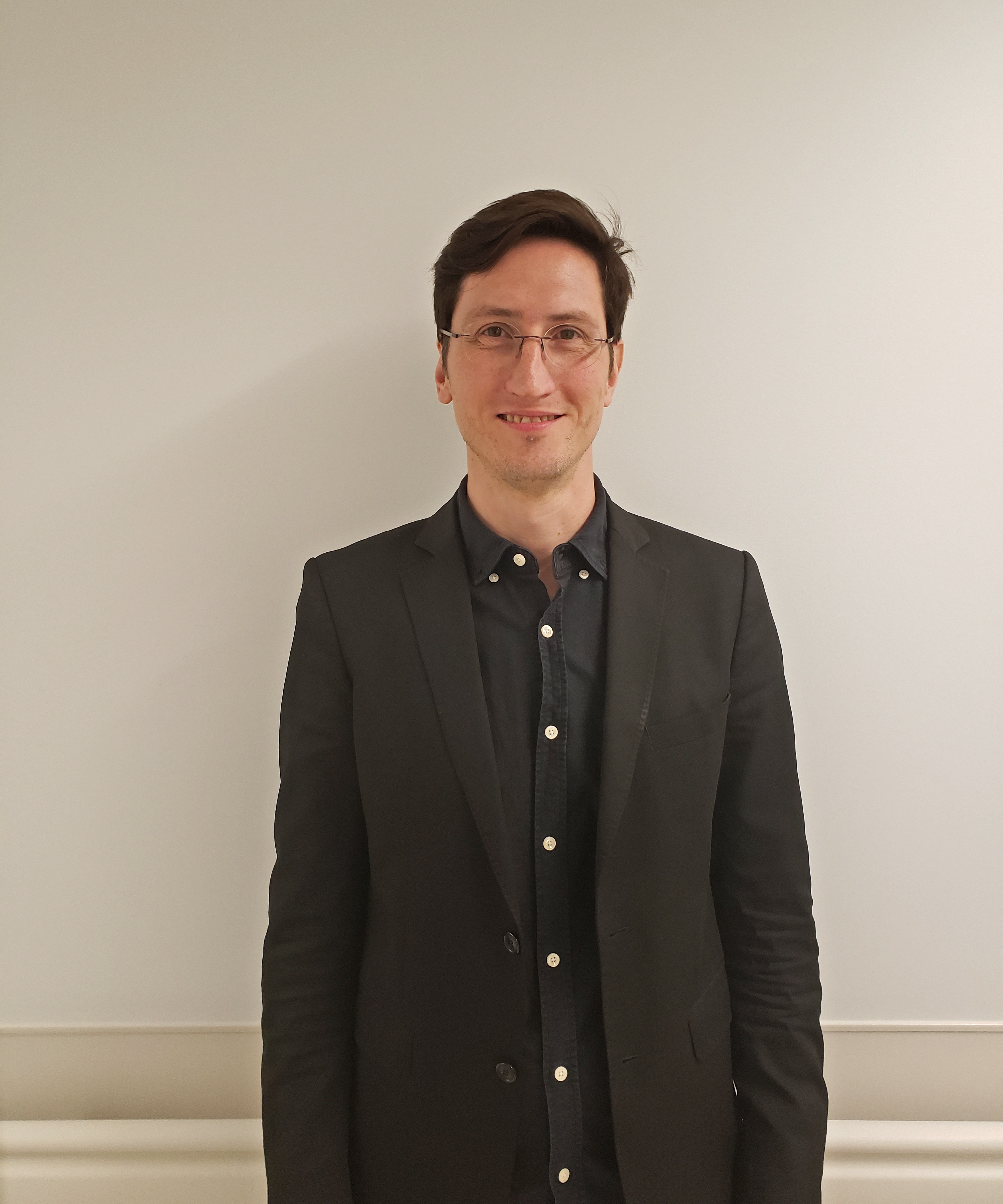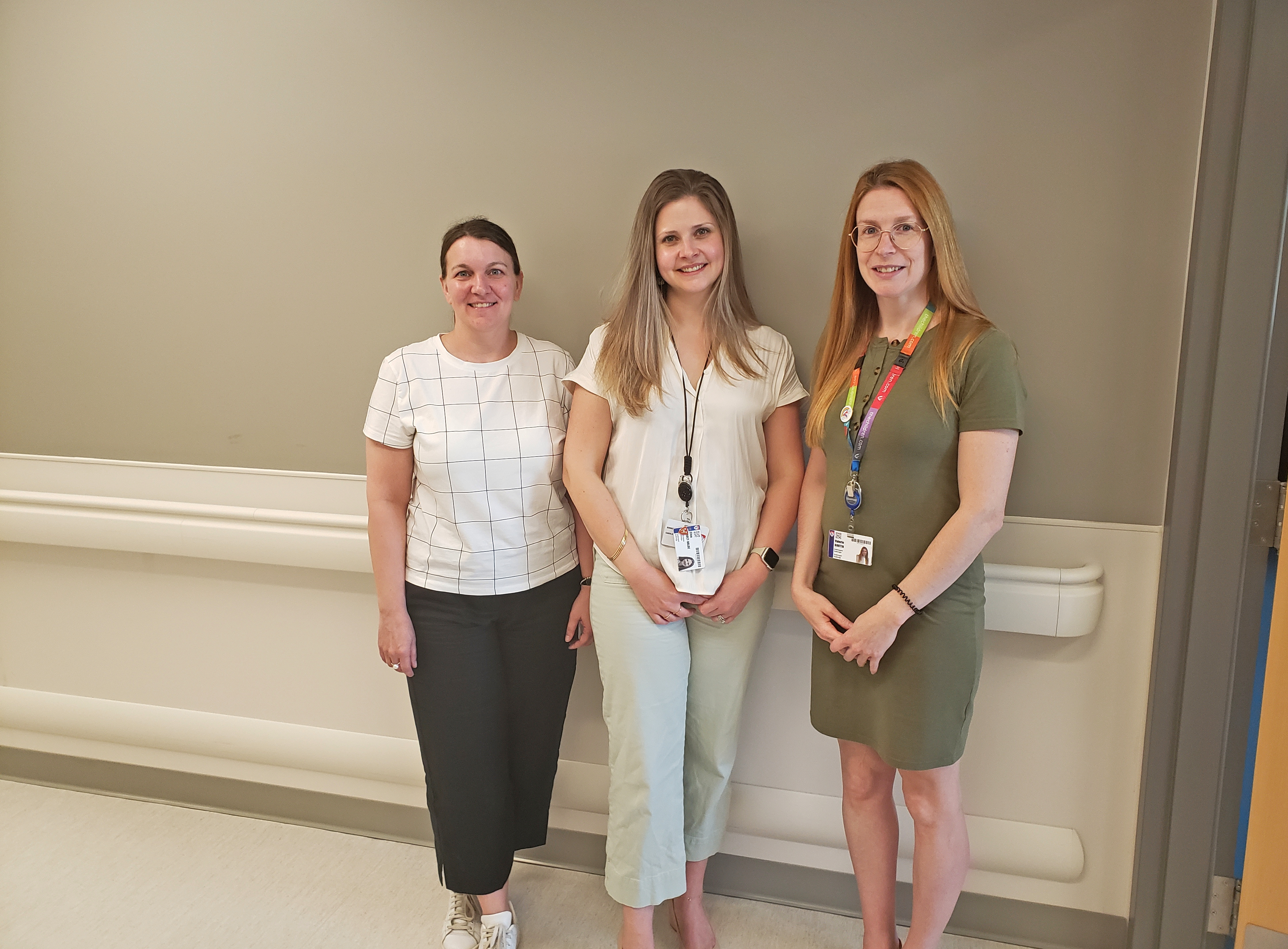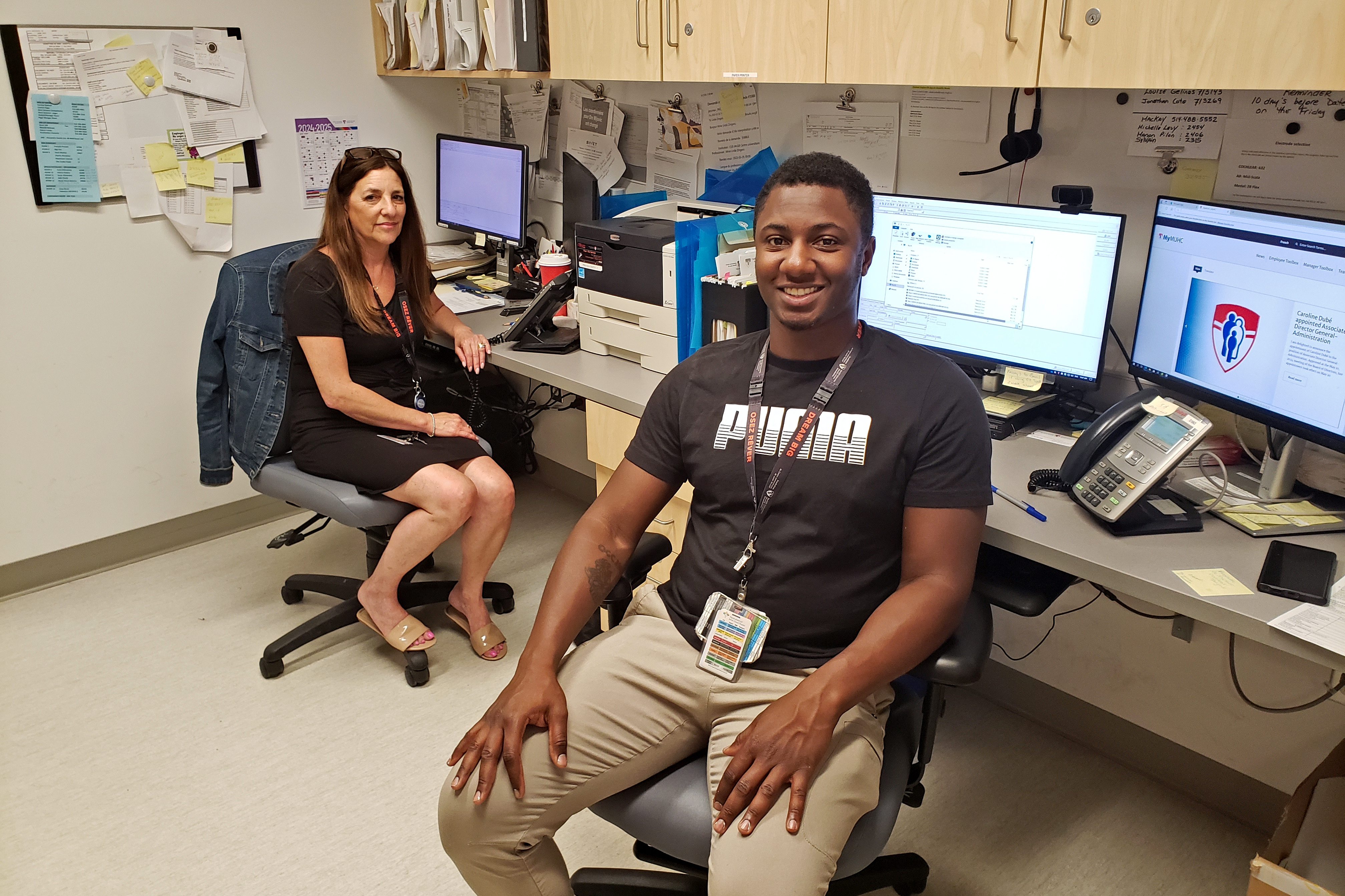Audiology department sets the right example for us
Members of the Department of Speech-Language Pathology and Audiology at the MUHC are prepared to interact with patients with hearing loss. As such, they set the right example for all of us.
You may not be aware of what you can do to make interacting with a deaf or hearing-impaired person go smoothly, so we spoke to our experts. Dr. François Prévost is an audiologist who communicates regularly with hearing-impaired patients, and we also spoke to members of the Audiology and Speech-Language Pathology department.
Scenario: You are communicating with a woman who is hard of hearing. She doesn’t communicate in the same way that you are used to. The woman is communicating with you alongside her sister.
What can you expect from the interaction? What can you do to help with communication?

Speak with your mouth visible so that the person can read lips
Reading lips is extremely helpful for many people experiencing hearing loss. Enunciate your words clearly and don’t speak too fast.
Use written support, including speech-to-text apps
There are many applications that turn speech into written text. Hold the microphone near your mouth as you speak (the microphone is usually located at the bottom of your smartphone or tablet) and watch the transcript appear. Transcripts will not be perfect, but they can help a lot.
Dr. Prévost suggests updating your app every six months as new and improved apps are created. One of the best apps is Google Live Transcribe on Android, and for iPhone and Apple users, Live Caption is available in the Accessibility menu (under Settings, Hearing).
Note: Live Captions is available on iPhone 11 and later when the primary language is set to English (U.S.) or English (Canada).

Be mindful of your perception of hearing loss
Remarkable medical advancements have been made in treating hearing loss. More often than not, audiology patients are offered a lot of hope from their audiologists. Do your very best not to make a person feel limited because of their condition. That person is on a health journey, just as we all are.
Anyone can experience age-related hearing loss as they get older. In Canada, more seniors are living to 85 years of age and beyond, so hearing loss is a growing health concern.

Welcome the accompanying family member and/or sign-language interpreter
Above, we described a scenario of a woman with hearing loss communicating with you alongside her sister. Let’s explore what role her sister plays:
Loved ones are there to facilitate communication. In our example, the sister is present to lend ‘supporting ears’, so to speak, by relaying what you are saying. As Dr. Prévost explains: “People affected by hearing impairments sometimes understand information better when they’re reading lips of a loved one or seeing their facial expression.” The sister acts as an intermediary.
In more severe cases of hearing loss, a person may use a sign-language interpreter, which leads to our final point.

Understand the role of sign-language and sign-language interpreters
In 2021, more than 9,800 people in Canada reported sign language (either ASL or LSQ) as a mother tongue, according to Statistics Canada. That may not be the majority of Canadians, but nevertheless, it is an impressive figure. The MUHC extends a warm welcome to those who speak sign-language. Our staff can book an interpreter on your behalf or on behalf of your loved one using SIVET services for an upcoming appointment.